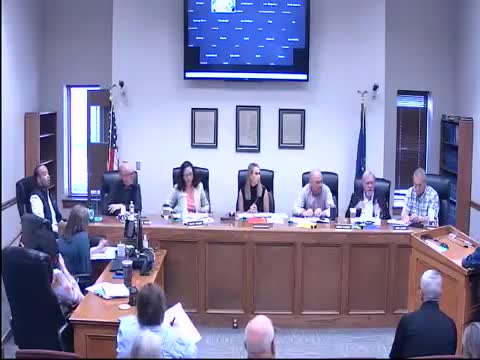Article not found
This article is no longer available. But don't worry—we've gathered other articles that discuss the same topic.
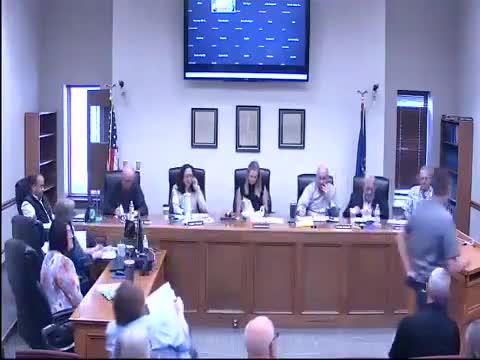
New state road-funding law reduces Community Crossings grants and ties new distribution to wheel tax, county highway director warns
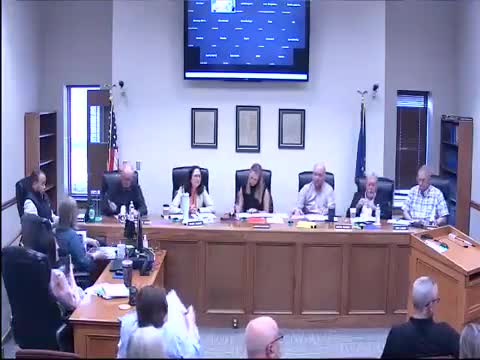
Area Plan Commission funds consultant work, council tables full appropriation for comprehensive plan
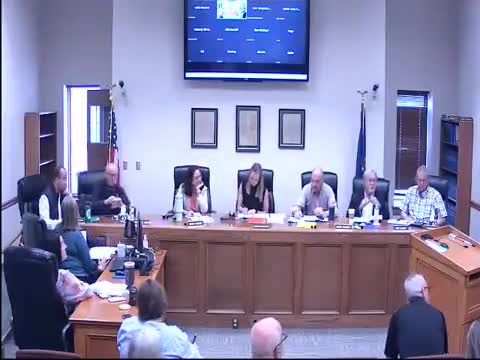
Boone County council authorizes president to sign letter supporting IEDC economic development payment request
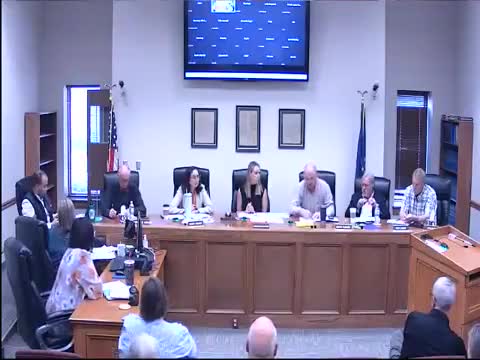
Residents urge Boone County council to press library board on youth programming
